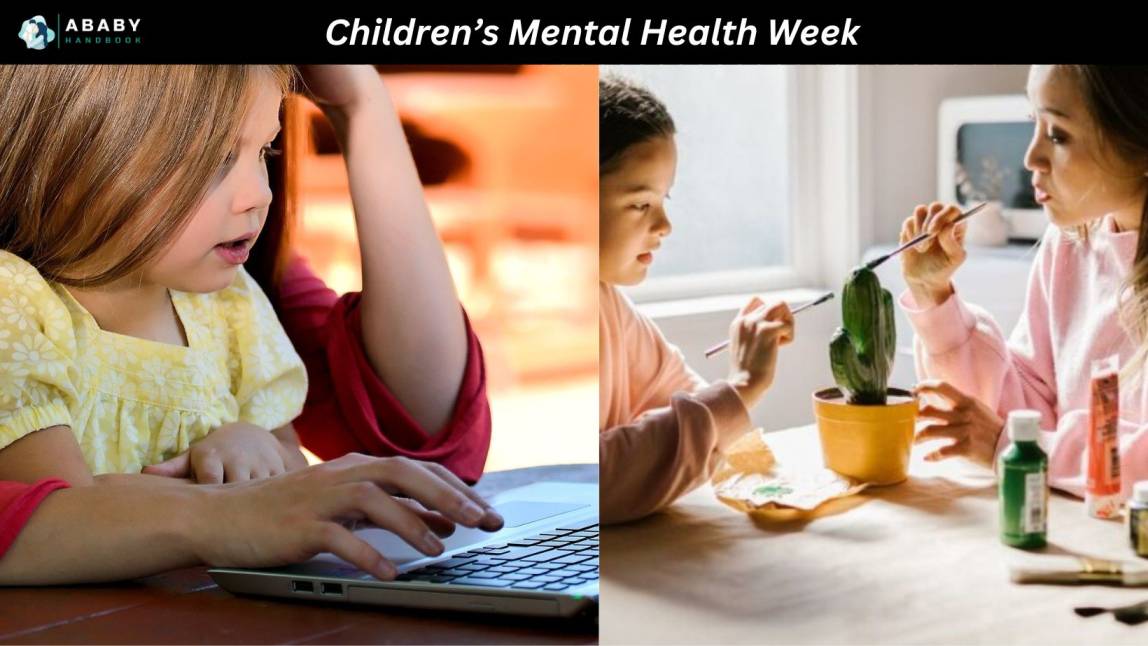Deciding to expand your clan is a big one. With an ocean of information available online unlike before, it can be pretty overwhelming to learn about pregnancy and birth. And while you can jump on your bed and do the deed, it is better to discuss with your OB-GYN before you start trying. Your doctor will be able to assess your medical condition, check your family history, and address any concerns that you may have regarding pregnancy. Also, it is the perfect time to consider asking these 8 questions which will pop into your head once you start trying to conceive.
1) How Long Will It Take For Me To Get Pregnant?
Though nobody can predict when you will get to hear the good news, your doctor can make some predictions based on your age and health. It is also important to know that while some couples get lucky in their first try, others take months despite having regular unprotected intercourse.
2) When Should I Stop Taking My Birth Control Pills?
Whether you have an IUD or you have been taking birth control pills, your doctor will help you in deciding when you should get off them. As with birth control pills, it may take several months for your cycle to return to normal. So you may not be successful in getting pregnant soon after discontinuing birth control.
3) Will My Health Conditions Affect My Chances Of Getting Pregnant?
Certain health conditions such as Polycystic ovary syndrome (PCOS), hypothalamic dysfunction or damage to fallopian tubes can affect your fertility (1). Your partner’s sperm count and mobility is another factor that will affect your chances of getting pregnant. Your doctor will be able to give you a detailed answer and offer possible solutions to increase your chances of pregnancy.
4) Do I Need To Make Any Changes To My Diet Or Lifestyle Choices?
Maintaining a healthy weight is important as being overweight or underweight can decrease your chances of conception. Smoking tobacco and drinking alcohol is another factor that might lead to low fertility. If you work the night shift, your doctor may ask you to switch to a different shift as it can affect your fertility (2).
5) Do We Need To Do Any Genetic Testing?
Genetic testing is done to check if you or your partner are the carriers of any hereditary genetic disorders. Certain genetic disorders can be tested by performing an extended carrier screening test to check if both of you are carriers of the same conditions (3).
6) What Are The Medications That Will Affect My Fertility?
Certain medications including over-the-counter or prescription drugs can affect your chances of conceiving. If you are taking any medications for certain health conditions, make sure you discuss it with your doctor and review the safety concerns before trying to get pregnant. Your doctor may switch you to a different medication or suggest some herbal alternatives for the same.
7) When Should I Start Taking Supplements?
Folic acid supplements should be taken before you conceive as it can prevent neural tube defects (4). Certain women are recommended to take a higher dose of folic acid if they have a higher chance of experiencing neural tube defects during pregnancy. Your doctor will be able to give you the ideal time when you should start taking them.
8) What Should I Do After A Positive Pregnancy Test?
Many women are confused about what to do after they learn about their pregnancy. Should they get another pregnancy kit and confirm or head to a clinic to confirm with a blood test. And what should be the next step? Should they head straight to the doctor’s office or wait for a few more weeks? Your doctor will be able to give you his/her expert advice on this dilemma.
Besides having a Q&A session with your doctor, you will also undergo certain tests to rule out any conditions that may affect your fertility or health in general.















